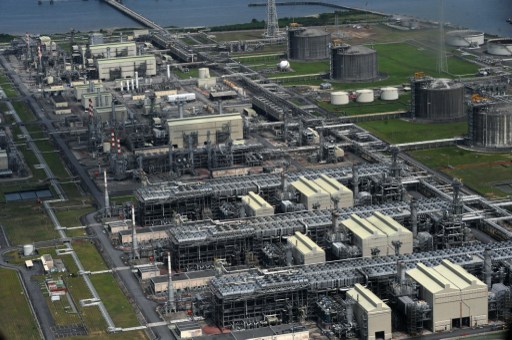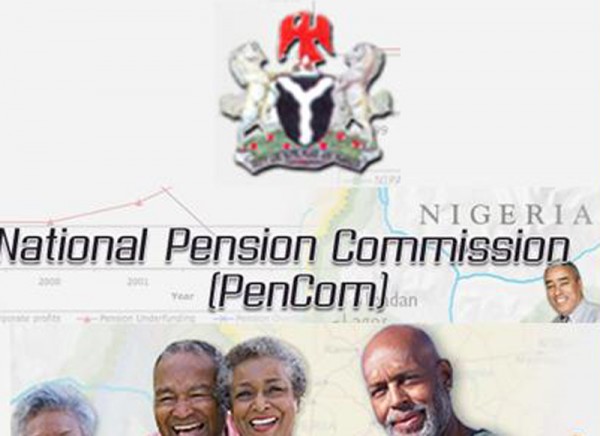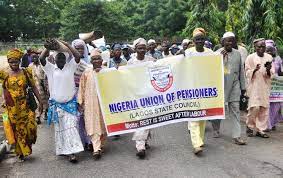Nigeria and other petroleum producing countries in Africa have begun engagements with Developmental Finance Institutions (DFIs) to fund critical oil and gas projects in the continent.
The Minister of State for Petroleum Resources, Chief Timipre Sylva, made this known while declaring open the first African Local Content Investment Forum (ALCIF) on Monday in Lagos.
The forum was organised by the Nigerian Content Development and Monitoring Board (NCDMB), with the theme: “Pan-African Strategy Towards Sustainable Funding of Africa Oil and Gas Projects”.
Sylva, represented by Dr Nasir Sani-Gwarzo, Permanent Secretary, Ministry of Petroleum Resources, said the countries were engaging the Afrexim Bank, African Development Bank and other institutions to finance their projects.
He said that the move was necessitated by the refusal of international finance institutions to approve funding for development of hydrocarbons due to the global push for transition to cleaner sources of energy.
According to Sylva, Africa has 120 billion barrels of proven crude oil and about 600 trillion cubic feet of proven gas reserves that must be harnessed for the continent’s socio-economic development.
The minister said: “Without doubt, the emerging trend is that leading multinational financial institutions are factoring Environmental, Social, and Corporate Governance (ESG) in their lending decisions.
“The seeming freezing of equity investment in upstream field development projects by International oil companies is a wakeup call for Africa to provide alternative funding to sustain hydrocarbon development and secure our energy future.”
He noted that governments of Africa Petroleum Producing Organisations (APPO) member countries were heavily dependent on oil and gas revenues to meet their socio-economic obligations.
According to him, dearth of funds, limitations in technology mastery, high-end skills gap, undeveloped internal market for hydrocarbon derivatives and inadequate energy infrastructure are some of the challenges facing the industry.
He said the continent’s oil and gas infrastructure requirements include upstream field development projects; pipelines; depots; terminals; refineries; petrochemical plants; and research and development among others, which required huge funding.
Also, Mr Simbi Wabote, Executive Secretary, NCDMB, said that more than 640 million people, representing about half of the total population in Africa, had no access to electricity while the other half with access had unreliable supply of electricity.
“The challenge of inadequate energy is partly the reason why Africa is faced with poverty, conflicts, migration, brain drain and ranks very low on Human Development Index,” he said.
Wabote said that the Afrexim Bank and the AfDB had the opportunity of taking advantage of Africa’s abundant hydrocarbon resources by providing funding for oil and gas development.
The Secretary General, APPO, Dr Omar Ibrahim, said Africa’s contribution to green house gas emissions was about four per cent, and it was, therefore, unjust for the continent to be railroaded into the global energy transition timeline.
He called for the setting up of an African Energy Investments Corporation (AEICorp) which would fund oil and gas projects as the traditional financiers withdraw from the industry.
Ibrahim said: “But we are realistic. AEICorp cannot do it alone. No financial institution in Africa can do it alone. But through cooperation and collaboration, we are confident that Africa shall succeed.
“If we see energy security as critical to our national security, we should enact laws that provide for a portion of windfalls from oil and gas sales to be re-invested in the industry.
“We need to find a way or ways of getting African oil and gas producing countries governments to commit to a certain percentage of the windfalls to a special fund for the sustenance of the oil and gas industry during the transition period.”
Also, Dr Benedict Oramah, Managing Director, Afrexim Bank, represented by Mr Ibrahim Sagna, Head, Advisory and Capital Markets, Afrexim Bank, said that the bank would continue to support the development of oil and gas projects.
‘Oramah said that the bank had provided funding to the Nigerian National Petroleum Company Ltd and the Dangote Refinery as well as other players in the sector.













